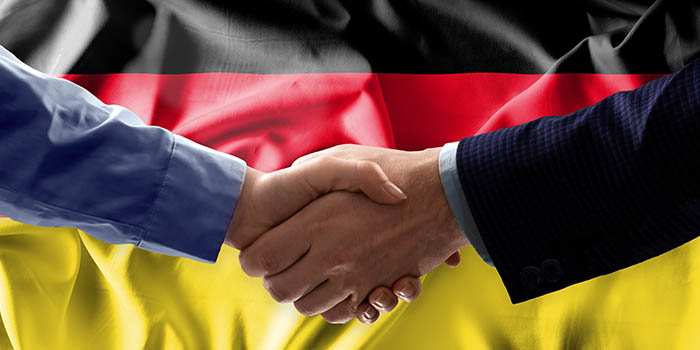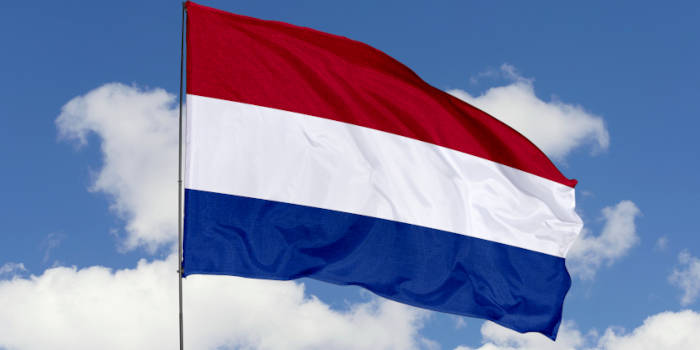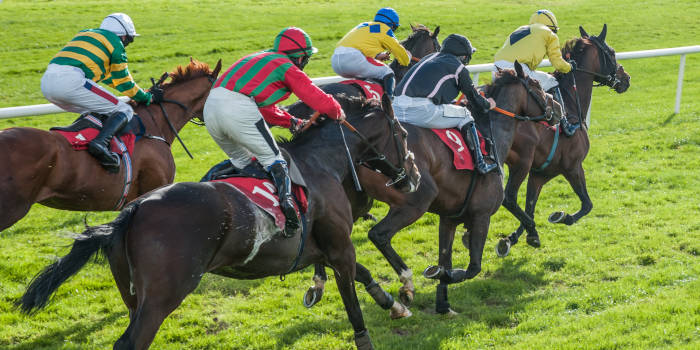Russian Central Bank Clamps Down on Gambling Payments

Foreign gambling websites and illegal sportsbook operators are put under pressure by Russia’s central bank which has set deposit and cash-out restrictions for gamblers.
Central Bank Steps up Restrictions on Gambling Payments
Companies are seeing their business crumble as the Russian Central Bank has been blocking payments since mid-January. As a result, players have not been able to place bets or receive payments in any currency other than Bitcoin. Reportedly, Russia’s central bank’s targets are foreign gambling websites and illegal sportsbook operators.
There have been reports in December and January that Qiwi and YooMoney have been unable to make transactions outside of Russia, specifically because of a broader crackdown on illegal payments to gambling companies abroad. Ten banks and payment operators have been fined. FinTech and Onego, which are two of the smaller banks in the country, even had their licenses revoked.
A correspondent from The Bell, a Russian business publication, tried to place bets at online casinos such as Admiral777, JoyCasino, Admiral888, and Gaminator and they all seemed to work well until it was time to provide bank details.
The correspondent tried to top up his account with a card and cellphone number but received an automated message which said that the payment methods are unavailable for that region. The reporter tried to deposit using Sberbank, Tinkoff and YooMoney, but to no avail.
All iGaming operators and bookmakers accepted only Bitcoin. Smaller casinos such as Vulcan Royal and Vulcan Stars (not to be confused with the popular gambling brand Vulkan) have even stopped working. Last year, VulkanBet announced its plan to leave the Russian market due to the anticipated regulatory measures in the country.
Not long ago, bettors were able to make online transactions if they had an active account for over a year. Now, according to The Bell, wealthy gamblers still have few options left.
A Brief History of Gambling in Russia
Russia has a difficult relationship with gambling. During the Soviet Union, gambling was prohibited. However, after the fall of the USSR, the industry was quickly legalized but saw almost no regulation and immediately received a bad reputation. It took decades for the government to implement effective regulatory laws.
In 2006, the gambling industry was confined to four (now five) regions in the country that allowed casino gaming activities. Online gambling was completely banned, but sportsbooks were allowed everywhere in the country.
Lobbying to legalize online gambling in the country hasn’t been successful so far. Furthermore, there have been thousands of blocked websites related to online gambling in the recent past. In December 2020, President Vladimir Putin signed a new law that is placing a Unified Gambling Regulator to watch over the gambling industry, monitor its activities, and help to re-regulate the industry in the future.
Eva is a PR specialist and communications expert with ten years of experience in campaign organizing and creative writing. She is also a published author of fictional stories. Eva recently developed an interest in economics and the gaming industry after discovering the inspirational story of Molly Bloom.














